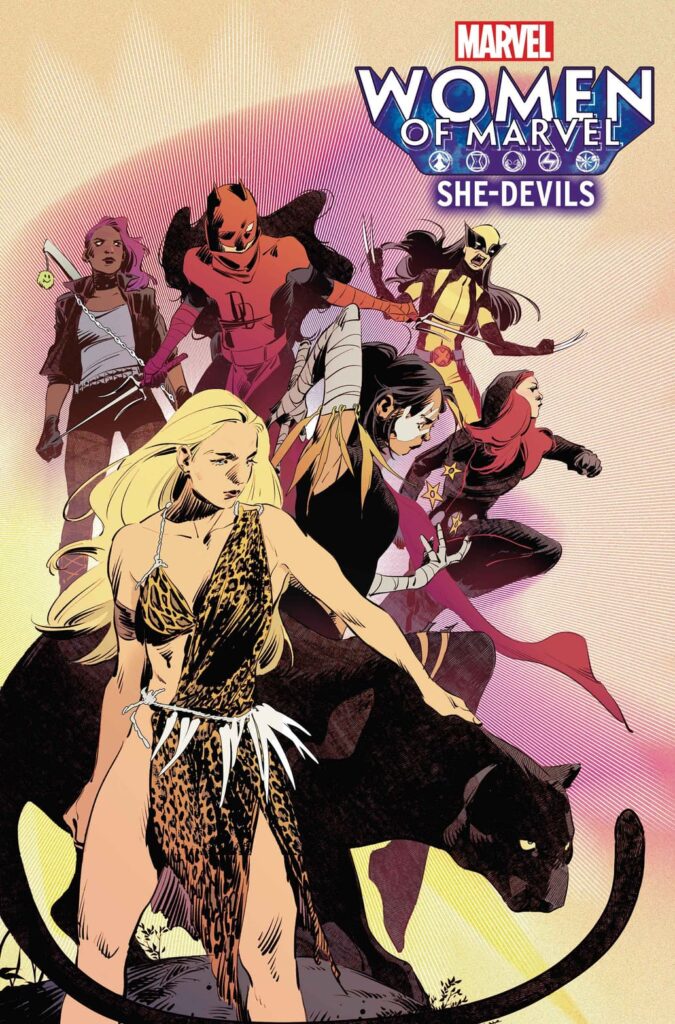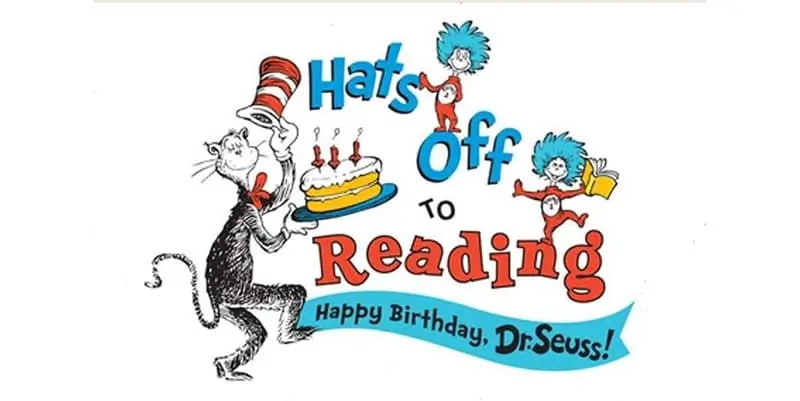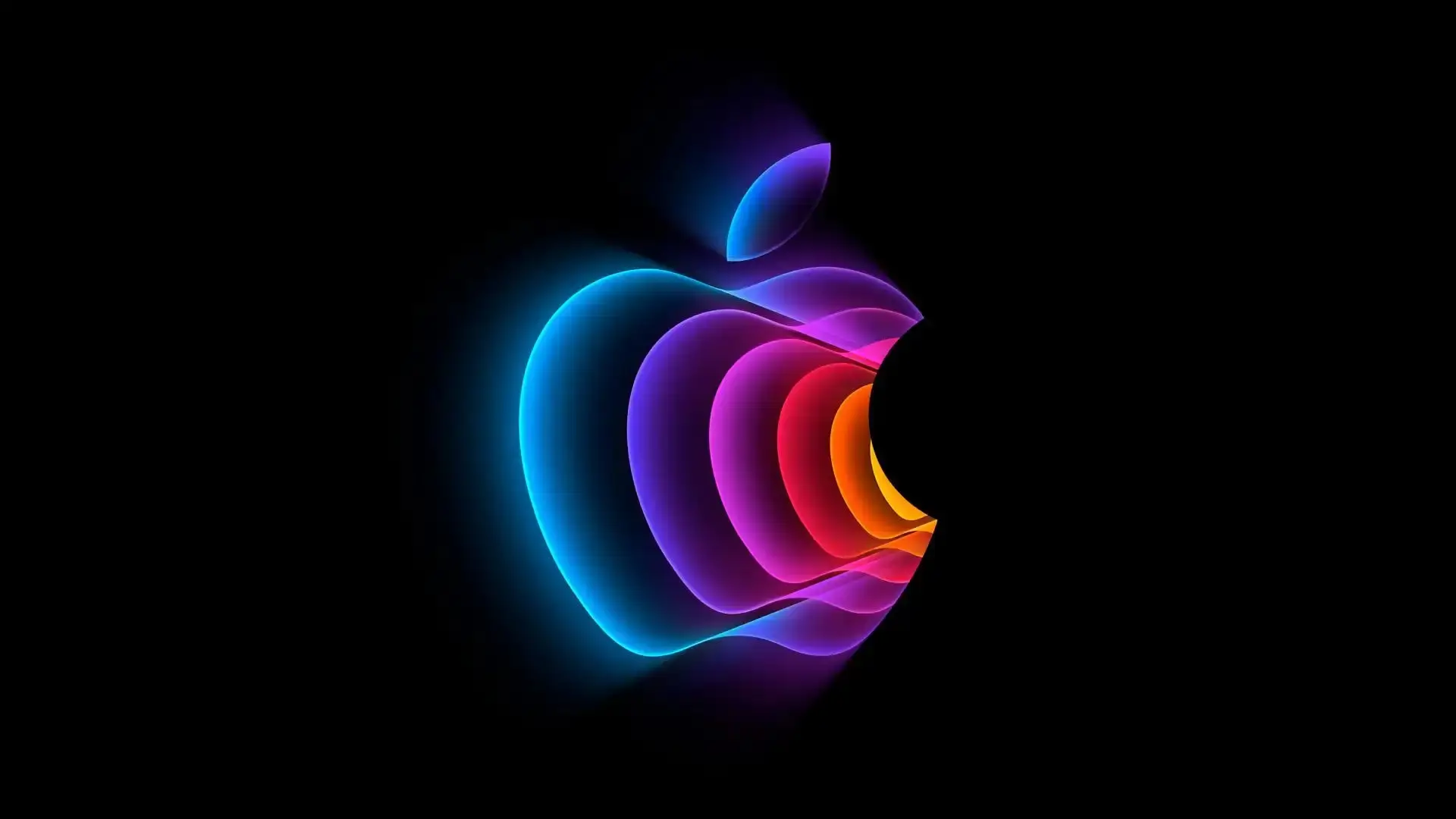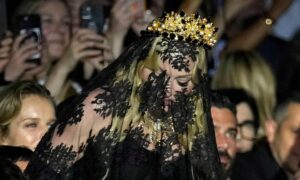Marvel’s ‘Women of Marvel: She-Devils’ panel at New York Comic Con 2024 represents a significant cultural moment for both comic book enthusiasts and broader pop culture. The title itself, “She-Devils,” harkens back to the powerful, often misunderstood female figures in the Marvel Universe who have consistently broken conventional molds, showcasing characters that are more than just sidekicks or damsels. This new panel reflects Marvel’s ongoing commitment to highlighting its female characters and creators, which has become increasingly essential to its creative strategy in recent years.
From the early days of Marvel Comics, female characters have often been relegated to secondary roles. However, starting in the 1970s, Marvel began to take steps to include more empowered women, with characters such as She-Hulk, Storm, and Black Widow gaining prominence. While women like Sue Storm from Fantastic Four and Jean Grey of X-Men had existed in the 1960s, their roles were often limited to being nurturing figures or love interests. The ’70s, however, introduced a more assertive kind of female superhero, one who could match her male counterparts in strength and intellect while also exploring themes of female identity, independence, and power.
Fast forward to the 21st century, and this trend has continued to gain momentum. Marvel’s decision to devote entire panels, such as ‘Women of Marvel,’ to the contributions and significance of their female characters and creators speaks to a broader cultural shift towards gender parity in both representation and authorship. In 2024, this shift is more relevant than ever. Marvel has a unique platform that directly influences global pop culture, and its commitment to showcasing women’s voices is a critical step forward in the fight for representation.
The ‘She-Devils’ theme particularly resonates within the context of female empowerment and reclamation of narratives. Historically, terms like “she-devil” were used to demonize women who defied societal expectations, often casting them as villains for expressing ambition, sexual autonomy, or defiance. Marvel flips this narrative by embracing the term, transforming it into a symbol of strength, complexity, and rebellion against restrictive archetypes. Characters like Elektra, Mystique, and even more recent figures such as America Chavez or Captain Marvel all embody these qualities, representing women who, while fierce and unapologetic, are also multidimensional, flawed, and highly relatable.
Perhaps one of the most significant aspects of the ‘Women of Marvel’ panel is its focus not only on female characters but also on the women behind the scenes. The panel at NYCC 2024 highlighted the contributions of writers, artists, and editors who have made significant impacts in the industry. For instance, creators like Kelly Thompson (known for her work on Captain Marvel), Mariko Tamaki (She-Hulk), and Sara Pichelli (Miles Morales: Spider-Man) have each helped shape Marvel’s current era by bringing a unique perspective to storytelling, one that emphasizes emotional depth and personal struggles while still delivering the action-packed excitement for which Marvel is known.
These creators have faced their share of challenges in an industry that has historically been male-dominated. In recent years, however, initiatives like Marvel’s ‘Women of Marvel’ podcast and increased visibility at events like New York Comic Con have been instrumental in giving these creators a platform to showcase their work and inspire future generations of female comic book fans and creators.
The ‘She-Devils’ panel at NYCC 2024 delved into some of the most iconic female characters in the Marvel Universe, particularly those who have defied expectations and subverted traditional gender roles. Characters like Elektra, originally introduced as a love interest for Daredevil, quickly evolved into a complex anti-heroine with her own moral code and a deeply personal narrative of survival and vengeance. Her violent tendencies and complicated relationship with Daredevil challenged the notion of women as passive or nurturing, instead presenting a character who wielded her power unapologetically.
Mystique, another key figure discussed during the panel, represents the morally ambiguous nature of many of Marvel’s most compelling female characters. As a shape-shifting mutant and one of the X-Men’s most formidable foes, Mystique’s constant reinvention of herself mirrors the experiences of many women who must adapt and evolve in response to external pressures. Her villainy, often rooted in survival rather than outright malice, speaks to the complexities of gendered villainy in comics. Mystique isn’t simply a villain because she is evil; she is a survivor, a mother, and a revolutionary, traits that give her a richness often denied to female antagonists.
Characters like Captain Marvel (Carol Danvers) and Kamala Khan (Ms. Marvel) are newer additions to the “She-Devil” archetype. Captain Marvel’s journey from her origins as Ms. Marvel to becoming one of the most powerful heroes in the Marvel Universe is emblematic of the shift in how female characters are portrayed. No longer just supporting characters, these women lead their own stories, and their narratives are infused with themes of self-empowerment, resilience, and leadership. Kamala Khan, on the other hand, brings a fresh, youthful energy to the universe while tackling issues such as identity, faith, and the immigrant experience, which resonate deeply in contemporary culture.
Impression
The ‘Women of Marvel: She-Devils’ panel couldn’t have come at a more opportune time. Gender representation in media has been a critical talking point over the last decade, with significant movements pushing for equal representation and treatment of women both in front of and behind the scenes. Marvel has not been immune to these calls for change, and panels like this serve to address the importance of inclusivity within the comic book industry.
Female representation in comics has historically been fraught with challenges, including objectification and reductive characterizations. Female superheroes often wore impractical costumes, were used as plot devices to further the male hero’s journey, and were subjected to tropes that undermined their potential as fully realized characters. However, the last decade has seen a concerted effort to change this, with creators reimagining women in comics as fully developed characters who have their own agency, motivations, and arcs that are not dependent on male characters.
Moreover, Marvel’s increased focus on diversity within its character roster and creator teams speaks to a growing recognition of the need for more inclusive storytelling. Marvel has introduced characters who represent a broader range of experiences and identities, such as the Afro-Latina superhero America Chavez, Pakistani-American Kamala Khan, and the queer X-Men characters like Iceman. These characters challenge the traditional molds of heroism and villainy, presenting new kinds of narratives that resonate with a diverse audience.
As Marvel continues to expand its universe, the future for its female characters looks bright. The ‘She-Devils’ panel teased several exciting new developments in the world of female-led X-titles, with characters like Jean Grey, Emma Frost, and Rogue set to take on more prominent roles in upcoming storylines. The panel also hinted at new projects that would further explore the depths of Marvel’s roster of female characters, both heroes and anti-heroines alike.
One of the key takeaways from the panel was the emphasis on collaboration and community among female creators. The women behind these characters are working together to push boundaries, challenge stereotypes, and create stories that are not only entertaining but also meaningful. This collaborative spirit is what drives Marvel forward, allowing it to remain at the forefront of pop culture while continuing to evolve and reflect the world in which we live.
Marvel’s ‘Women of Marvel: She-Devils’ panel at NYCC 2024 was a celebration of the power, complexity, and diversity of its female characters and creators. By reclaiming terms like “she-devil” and embracing the strength and resilience of these characters, Marvel continues to push the envelope in terms of representation and storytelling. The future of Marvel’s women is one of agency, empowerment, and complexity, and fans can look forward to seeing even more bold, nuanced, and compelling stories from these incredible characters and the women who bring them to life.
No comments yet.








